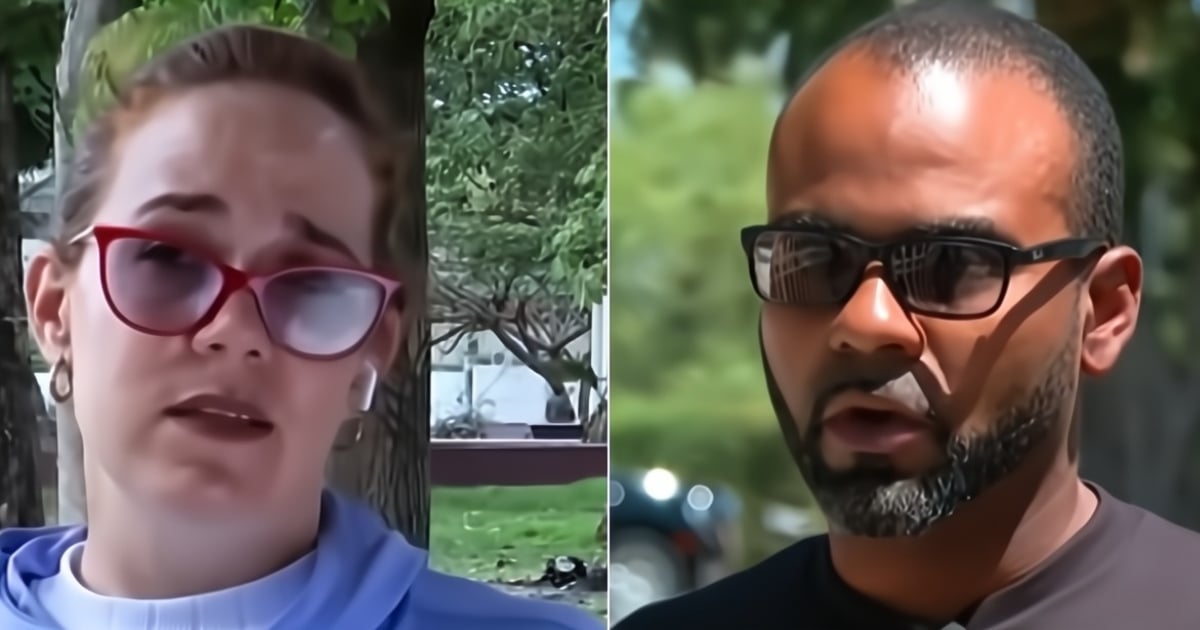Daelmis Nodarse Álvarez, a Cuban mother of three daughters, is battling cancer while stranded in Mexico. Her hope is to secure a humanitarian visa to receive treatment in the United States, where her husband, Joel Pérez, has been living for the past four years. The family found themselves caught in a migration limbo following the shutdown of the CBP One program, now facing a daunting struggle for both life and family reunification.
Daelmis's story mirrors that of countless Cubans who embark on perilous journeys to the U.S. southern border in search of freedom and improved living conditions. Her dream of reuniting with her husband turned into a nightmare after she was recently diagnosed with a carcinoma in her arm. "It's a constant uncertainty, not knowing what tomorrow will bring," she tearfully shared in an interview with Univisión Noticias. In Mexico, Daelmis cannot afford proper treatment nor can she leave her daughters, aged 6, 9, and 14, alone.
A Family Torn by Politics and Illness
Her husband, Joel Pérez, has been residing in Miami since 2021 after being forced to leave Cuba due to political reasons. "It's been five years since I've hugged them. I see them through a camera, but it's not the same. They need me," stated Pérez, who claims to have been persecuted by State Security because of his opposition to the Cuban regime. Since arriving in the U.S., he has worked tirelessly to bring his family together. He managed to save enough for his wife and daughters to make the journey to the Mexican border. They had an appointment scheduled via the CBP One app, but their hopes were dashed after Donald Trump's inauguration.
An Urgent Appeal
Daelmis's situation has become dire. With no access to adequate medical care in Mexico and the constant fear of deportation back to Cuba, her only option is to obtain a humanitarian visa allowing her to enter the United States, where her husband pledges to cover all medical and personal expenses for the family. "I'll pay for everything. In today's climate, returning to the island or facing deportation means imprisonment. Please, help me, help a family that's been mistreated by the dictatorial government in Cuba," pleaded Joel Pérez.
The plight of this Cuban family serves as a call for compassion and humanitarian action amid an increasingly uncertain migration landscape for those fleeing authoritarianism in search of a life of dignity and freedom in the United States.
Key Questions About Cuban Migration and Humanitarian Visas
What is a humanitarian visa and how can it help Cuban migrants?
A humanitarian visa allows individuals in crisis situations, such as medical emergencies, to enter a country temporarily. For Cuban migrants like Daelmis, it represents a chance to receive necessary medical treatment in the U.S. and reunite with family.
What challenges do Cuban families face when trying to reunite in the U.S.?
Cuban families face numerous obstacles, including restrictive immigration policies, financial burdens, and political persecution. These challenges can delay or prevent families from reuniting in the U.S.
